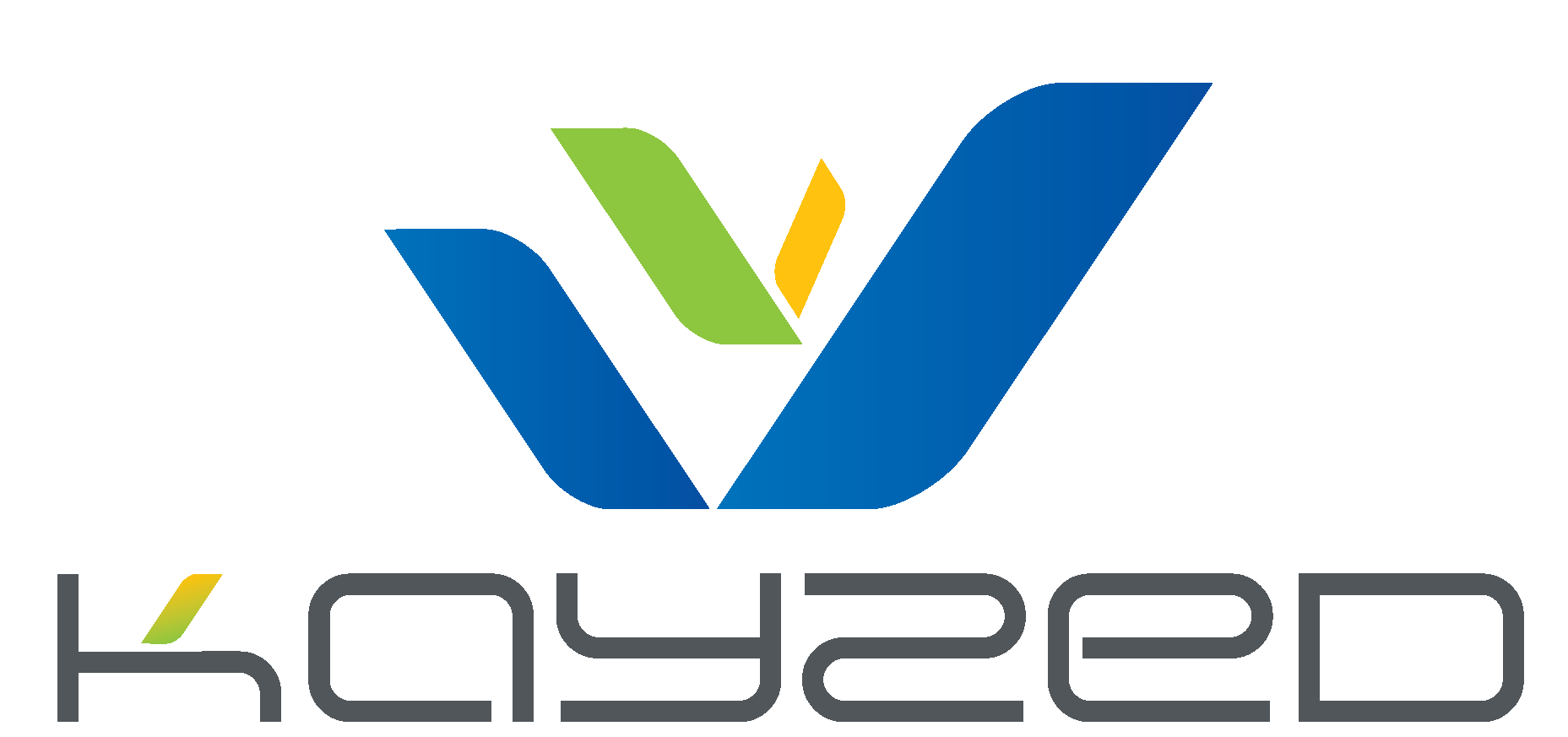Robotic Process Automation RPA
What processes are relevant to RPA?
Robotic process automation is a versatile, scalable technology that can be applied throughout the enterprise in a variety of industries. Top candidates for optimization with RPA are typically:
- Consistent and routine
- High volume
- Prone to human error
- Limited in requiring a person to make a decision
- Manual data entry
- In many cases,
- RPA can bring immediate value to core business processes including:
- Payroll
- Employee status changes
- New hire recruitment and onboarding
- Accounts receivable and accounts payable
- Invoice processing
- Inventory management
- Report creation
- CRM data updates
- Software installations
- Data migration
- Vendor onboarding
For example, if a wealth management firm needs to update CRM data with contact details from a spreadsheet, RPA can record the actions that need to be replicated, map fields between the two interfaces and automate this repeatable task, saving hours of employees’ valuable time.
A virtual business assistant
We may think of RPA in the context of organization-wide processes, but it can be applied as a personal productivity tool as well. Employees will be able to identify many opportunities for robotic process automation in their daily work where bots can assist.
With RPA, employees are empowered to automate their more routine daily tasks, regardless of technical expertise. This low barrier to entry enables employees across the enterprise to benefit from RPA, even if there isn’t a resource-intensive, organization-wide deployment.
Furthermore, since all bots can be monitored and audited over a centralized server, IT would still be able to manage bots in use, while promoting flexibility in the organization for employees to deploy their own custom solutions.
Having a bot as virtual business assistant can help employees offload time-consuming, routine tasks in favor of high-impact projects and elevating the customer experience.
Bridging integration gaps with RPA
One of the immediate benefits of robotic process automation is its ability to integrate systems where gaps previously existed. Enterprises that rely on legacy systems or third-party, external sites for everyday operations but currently do not have the resources or the means to integrate them using other methods can deploy bots to do so. Fast to deploy and easy to update, syncing data and processes without human intervention. Bots enable organizations to quickly deploy integrations that sync data and processes without human intervention, filling in gaps between systems for more complete, end-to-end automation solutions.
RPA as part of the digital transformation journey From Kayzed
“Robotic Process Automation Is Shaping the Future of Different Businesses”



